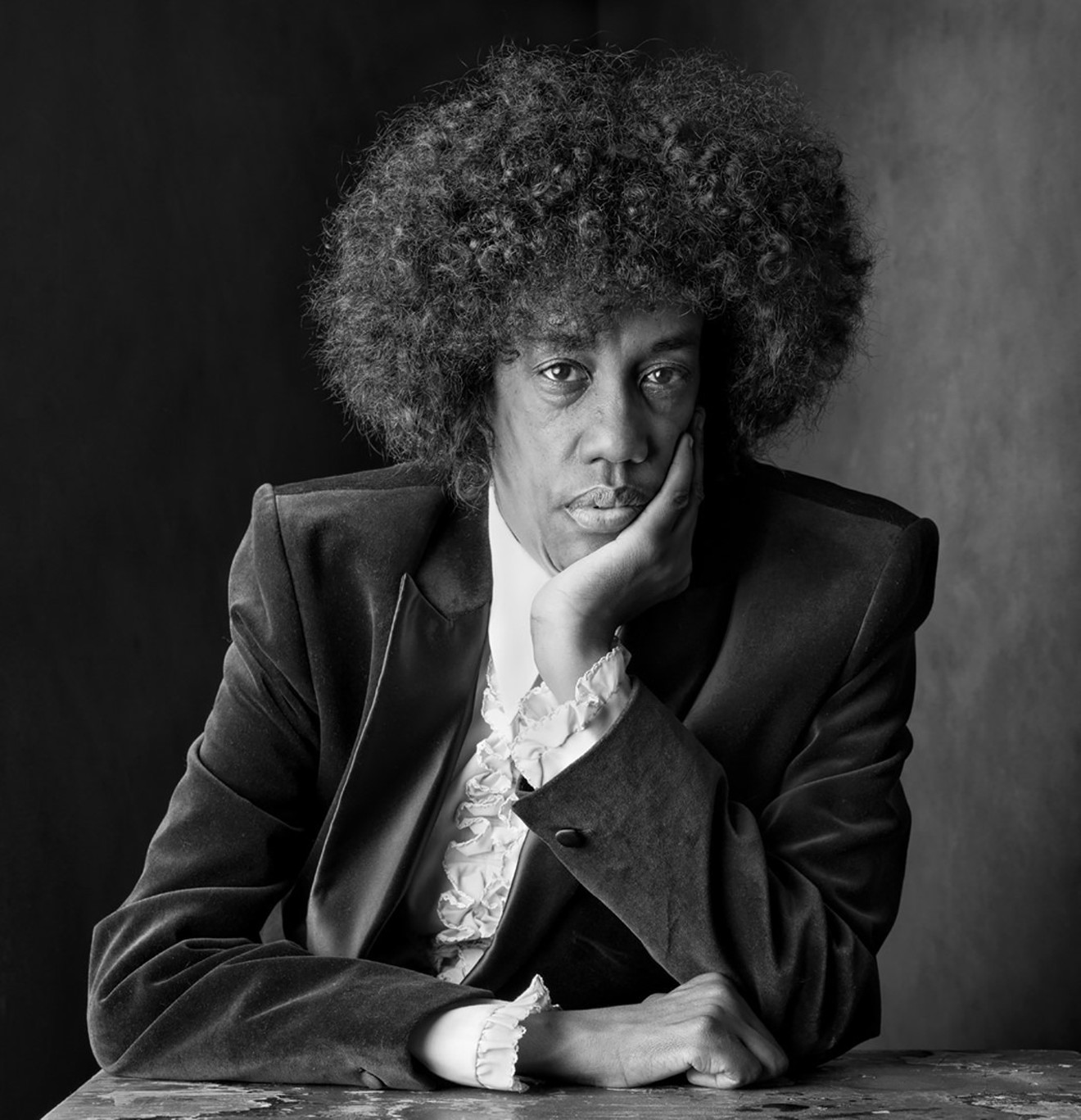This Wednesday, the Wyly Theatre will premiere an original play written by Dallas’ Jonathan Norton. Inspired by true events, Penny Candy takes place in Dallas’ Pleasant Grove neighborhood in the late '80s and depicts the effects of the crack epidemic during the Reagan-H.W. Bush era.
The play, which runs until July 14, is largely centered on a family-owned candy store modeled after one owned by Norton’s parents.
“In the play, the father is trying to keep the family business alive,” Norton says. “Crack cocaine invades the neighborhood and then the wife wants out.”
While writing the play, Norton researched the time period in which crack cocaine first became a nationwide problem. A friend of his who works in Southern Methodist University’s Fondren Library allowed him access to academic studies and other reference materials.
“What’s so fascinating about that time period is how the war on drugs was centered around crack cocaine,” Norton says. “I did a lot of research just trying to figure out when Dallas came into the picture in terms of the crack epidemic. When was the first serious reporting in this area about this new drug? What was the narrative being pushed? What was the impact being made on people of color?”
Norton spent a great amount of time studying to understand the effects crack cocaine had on people of color and people in inner-city neighborhoods. However, he found himself frustrated that his findings did not offer a diverse or intersectional perspective.
“I guess one of the biggest challenges or disappointments I came across during research was the fact that it was difficult to come across an African American perspective on the crack epidemic,” Norton says. “Most of the resources I found were from the perspective of people who weren’t African Americans.”
Still, Norton did not let hitting a snag deter him from his goal to tell an honest story and to convey a thought-provoking message to the audience.
"We have so little written history of the crack epidemic that comes from the African American community." — Jonathan Norton
tweet this
“The more I researched, the more determined I was to incorporate this into the play,” Norton says, “because we have so little written history of the crack epidemic that comes from the African American community.”
Norton’s earlier research-based works have focused on bringing light to issues affecting the black community. In his 2015 play Mississippi Goddamn, inspired by the Nina Simone song of the same name, Norton highlights the tensions within families and neighbors before the assassination of civil rights activist Medgar Evers. His work on Mississippi Goddamn earned Norton the M. Elizabeth Osborn New Play Award for an emerging playwright the following year.
Norton describes Penny Candy as “transformative” and believes it will be an educational experience for the audience.
“The play will basically be in the audience’s lap,” Norton says. “They will feel fully immersed and fully engaged. The audience can expect to want to engage with people. I think it will be a play that provokes conversation.”
Norton adds that the set is designed so that audience members sitting in the first row will be sitting in Paw Paw’s Candy Tree, the candy shop setting of the play.
In addition to being an educational opportunity, Penny Candy will also showcase the best of Dallas’ local creatives, as most of the actors and crew are from Dallas.
“This play is for Dallas, by Dallas,” Norton says. “This is a huge opportunity to celebrate our local talent, to not only celebrate that voice, but to witness a piece of theater that was written particularly to this audience.”












